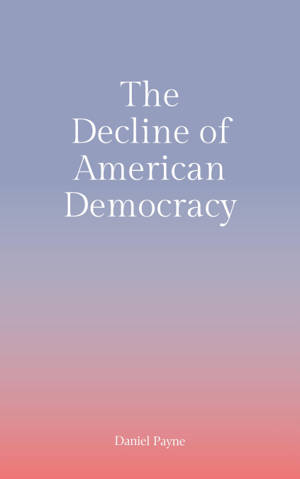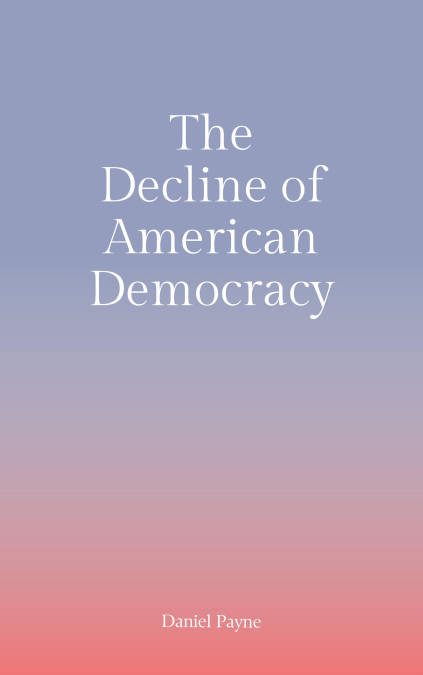
- Retrait gratuit dans votre magasin Club
- 7.000.000 titres dans notre catalogue
- Payer en toute sécurité
- Toujours un magasin près de chez vous
- Retrait gratuit dans votre magasin Club
- 7.000.0000 titres dans notre catalogue
- Payer en toute sécurité
- Toujours un magasin près de chez vous
Description
American democracy is facing a multitude of challenges that are contributing to its broken state. The extreme polarization between political parties has made compromise nearly impossible, leading to a lack of progress and fostering animosity. Additionally, the influence of money in politics has allowed wealthy individuals and corporations to wield disproportionate power, undermining the principle of equal representation. Gerrymandering further distorts the democratic process by manipulating electoral district boundaries to favor one party over another, diminishing the power of individual votes. Voter suppression tactics, such as restrictive voting laws and limited polling places, disenfranchise marginalized communities and erode trust in the electoral system. The Electoral College system has also come under scrutiny for potentially allowing a president to be elected without winning the popular vote, calling into question the legitimacy of the democratic process. Media bias and misinformation from partisan outlets make it difficult for voters to make informed decisions, while the lack of term limits for Congress leads to stagnation and a lack of fresh perspectives in government. Judicial overreach and decline in civic education further contribute to the erosion of public trust in government institutions. These issues collectively create a system that feels unresponsive to the needs and desires of its citizens, making it crucial to address these challenges in order to revitalize American democracy and ensure fair and effective representation for all citizens.
Spécifications
Parties prenantes
- Auteur(s) :
- Editeur:
Contenu
- Langue:
- Anglais
Caractéristiques
- EAN:
- 9798227053381
- Date de parution :
- 11-07-24
- Format:
- Ebook
- Protection digitale:
- Adobe DRM
- Format numérique:
- ePub

Les avis
Nous publions uniquement les avis qui respectent les conditions requises. Consultez nos conditions pour les avis.






